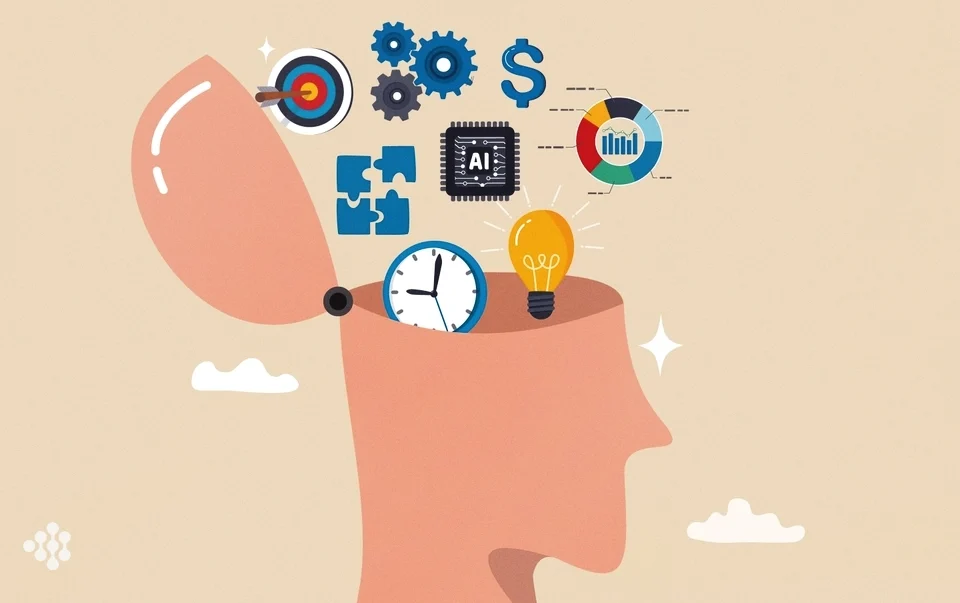Table of Contents
ToggleThe Basics of MLaaS
Machine Learning as a Service (MLaaS) refers to a range of services that provide machine learning tools as part of cloud computing services. MLaaS allows businesses to leverage the power of machine learning without the need for in-house expertise or infrastructure. These services typically include data visualization, APIs, natural language processing, and predictive analytics. With MLaaS, companies can quickly deploy machine learning models to analyze data, generate insights, and improve decision-making processes. So, what is MLaaS? It’s a game-changer for businesses looking to harness the capabilities of machine learning efficiently and cost-effectively.
What are the Three Types of Learning Machines?
Machine learning encompasses three primary types of learning:
- Supervised Learning: In supervised learning, the model is trained on a labeled dataset, which means that each training example is paired with an output label. This method is useful for tasks like classification and regression.
- Unsupervised Learning: Unsupervised learning involves training a model on data without labeled responses. The model tries to identify patterns and relationships within the data. This method is commonly used for clustering and association tasks.
- Reinforcement Learning: Reinforcement learning is a type of machine learning where an agent learns to make decisions by performing actions and receiving rewards or penalties. It’s often used in scenarios where the model needs to learn from its environment through trial and error.
Uses and Benefits of Machine Learning as a Service (MLaaS)
Machine Learning as a Service (MLaaS) offers numerous uses and benefits for businesses:

- Cost-Effective: MLaaS eliminates the need for expensive hardware and specialized personnel, making it an affordable option for many businesses.
- Scalability: MLaaS platforms can scale resources up or down based on the demand, ensuring efficient use of resources.
- Speed: MLaaS allows for faster deployment of machine learning models, reducing the time to market.
- Accessibility: With MLaaS, even businesses without in-house data science teams can leverage machine learning.
- Focus on Core Business: By outsourcing machine learning tasks, companies can focus on their core business functions while still benefiting from advanced analytics.
For example, a retail company could use MLaaS to analyze customer purchase data and predict future buying patterns, leading to better inventory management and personalized marketing strategies.
When Use and Not use MLaaS
Comparing the scenarios where it is suitable or not can guide businesses in making informed decisions.
| When Not to Use | When to Use |
|---|---|
| Limited Control: When you require complete control over your machine learning algorithms and infrastructure. | Limited Resources: When you lack the resources and expertise to develop and maintain an in-house machine learning infrastructure. |
| Unique Requirements: When your business has unique requirements that cannot be met by existing MLaaS offerings. | Time and Cost Efficiency: When you need to quickly deploy machine learning solutions without the high upfront costs and time investment of building them from scratch. |
| Data Privacy and Security Concerns: When you have strict data privacy and security requirements that cannot be met by a third-party MLaaS provider. | Scalability and Flexibility: When you need the ability to scale your machine learning operations up or down based on demand, and require the flexibility to experiment with different algorithms and models. |
| Integration Challenges: When integrating into your existing infrastructure or workflows would be overly complex or disruptive. | Access to Advanced Capabilities: When you want to leverage advanced machine learning capabilities and algorithms that are readily available through MLaaS platforms. |
Carefully consider industry regulations and restrictions when deciding to use third-party MLaaS services. Stay ahead of the competition by adopting Machine Learning as a Service for quick deployment and leveraging cutting-edge technologies.
AI vs ML: What’s the Difference Between Machine Learning and Artificial Intelligence?
Artificial Intelligence (AI) and Machine Learning (ML) are often used interchangeably, but they are not the same. AI is a broader concept that refers to machines being able to carry out tasks in a way that we would consider “smart.” This includes everything from algorithms that play chess to systems that recommend what you should watch next on Netflix.
Machine Learning, on the other hand, is a subset of AI. It’s the process through which a machine improves its performance of a task over time through experience. In other words, machine learning is a way to achieve artificial intelligence. When discussing “What is MLaaS,” it’s important to understand that MLaaS provides the tools and frameworks needed to implement machine learning models, which are the building blocks of intelligent systems.
Why choose Plugg as your trusted Partner for MLaaS?
Machine Learning as a Service (MLaaS) offers businesses the opportunity to leverage the power of machine learning without the need for extensive resources or expertise. By partnering with Plugg Technologies, you gain access to our expert knowledge and a highly-qualified talent pool that ensures successful adoption and integration of MLaaS.
By utilizing Plugg Technologies’ MLaaS, organizations can access advanced machine learning capabilities, drive innovation, and gain a competitive edge in today’s data-driven world. Our services are designed to be scalable, flexible, and cost-effective, making it easier for your business to implement machine learning solutions quickly and efficiently.
Embracing MLaaS with Plugg Technologies can enable your business to unlock the full potential of machine learning and accelerate your digital transformation journey. Don’t miss out on the opportunity to stay ahead of the competition and achieve your business goals with our dedicated support and expertise.








